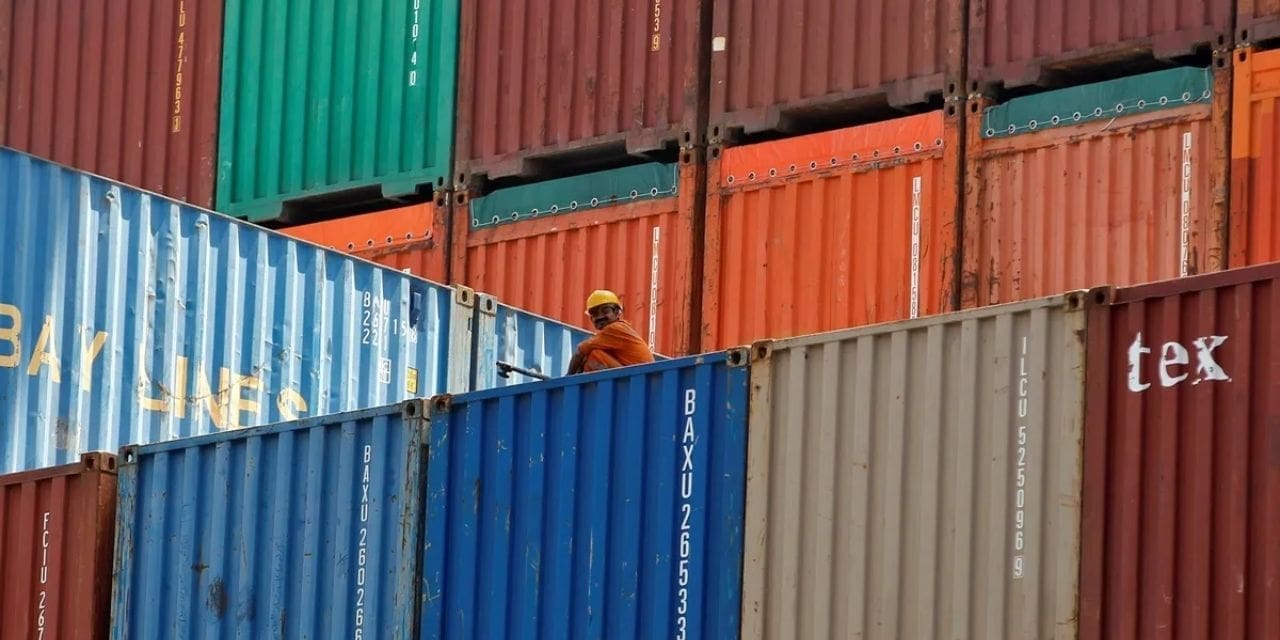The textile hub of Panipat is facing a severe crisis due to a surge in global freight costs and an acute shortage of shipping vessels. The situation has been exacerbated by the ongoing Russia-Ukraine war, inflation in major economies, and the recent Israel-Hamas conflict.
Exporters in the city, renowned for its handloom products, blankets, and bed linens, are grappling with a backlog of over 3,000 containers awaiting shipment. Freight charges have skyrocketed, increasing fivefold since March, squeezing profit margins and deterring small orders.
The critical Christmas season, typically a peak period for exports, is now marred by uncertainty. Raman Chhabra, president of the Young Entrepreneur Society (YES), attributed the vessel shortage to the ongoing trade war between China and the US. The rush to meet early delivery demands from overseas buyers, particularly in the US and Europe, has compounded the issue.
Surender Mittal, an exporter, echoed the concerns, highlighting the significant increase in freight costs and the consequent impact on shipping consignments. Vinod Chhabra, Chairman of the Haryana Chamber of Commerce and Industries, Panipat, emphasised the industry’s prolonged struggle due to geopolitical tensions and the subsequent economic downturn.
Freight rates to Europe have surged from $550 per container in September 2023 to a staggering $5,200 currently. Similarly, costs to the US have tripled, impacting export volumes significantly. Small orders, unable to absorb the increased costs, have dwindled, affecting Panipat’s export revenue.
The overall export from Panipat has declined by 50% in the past two years due to high inflation, recession, and prolonged conflicts. Lalit Goyal, president of the Panipat Exporters’ Association, pointed out that the US and Europe’s new anti-dumping duties on Chinese goods, effective from August 1, have further aggravated the situation. Shipping companies are prioritising Chinese cargo, leading to a container crunch and exorbitant freight rates.
With major ports worldwide experiencing congestion, the industry is hopeful for a respite after August 15. However, the immediate outlook remains challenging for Panipat’s exporters, who are caught between rising costs, delayed shipments, and a dwindling order book.

